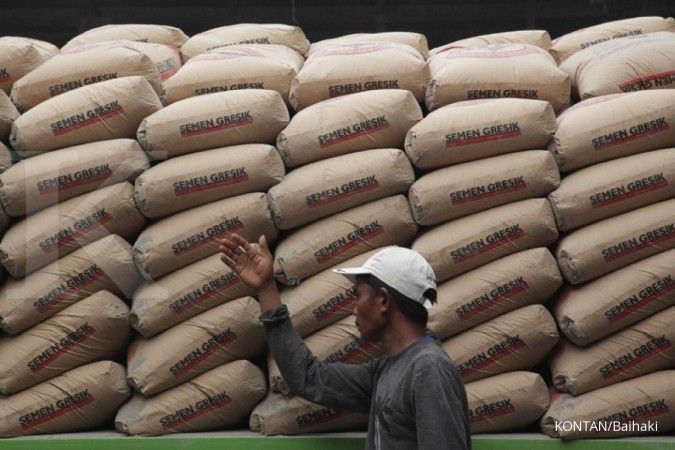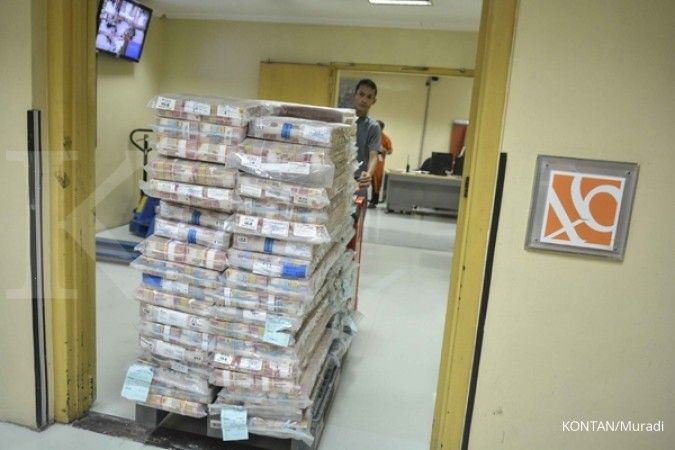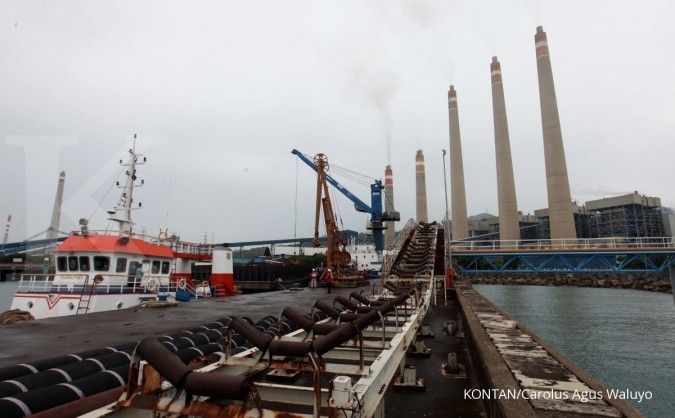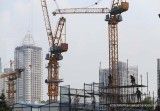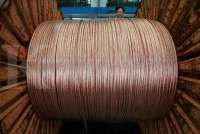CORPORATE ACTION - JAKARTA. State-owned cement maker Semen Indonesia is expecting to strengthen its position as a market leader following the purchase of shares of publicly listed cement producer Holcim Indonesia through its subsidiary, Semen Indonesia Industri Bangunan (SIIB).
In late January, SIIB finalized its purchase of 6.18 billion shares in Holcim Indonesia, making it the main shareholder with 80.64 percent ownership.
The shares were previously owned by Dutch cement maker Holderfin BV, a subsidiary of Swiss-based building material company LafargeHolcim. The change in controlling shareholder resulted in Holcim Indonesia changing its name to PT Solusi Bangun Indonesia (SBI).
Semen Indonesia corporate secretary Agung Wiharto said recently that the acquisition, worth Rp 12.96 trillion (US$916.3 million), was aimed at expanding the company’s network of cement factories across the country.
It would also increase Semen Indonesia’s installed cement production capacity to 50 million tons annually from 38 million tons as it took over four factories under SBI’s portfolio, he said.
The four facilities are located in Narogong, West Java; Cilacap, Central Java; Tuban, East Java; and Lhoknga, Aceh.
With ownership of more factories, he said, Semen Indonesia could expand its business to other regions, particularly Jakarta and West Java, as SBI had established a presence there. In 2001, Holcim acquired shares of local cement maker Semen Cibinong, which operated the plants in Narogong, Cilacap and Tuban.
“With the takeover [of Holcim], Semen Indonesia can hopefully integrate its supply chain and get a foothold in Jakarta and West Java, which consume the most cement in the country,” he said.
The acquisition, he said, was also aimed at making the businesses of Semen Indonesia and SBI more efficient as both would integrate their supply chains, resulting in reduced costs in distribution and raw material acquisition.
Mimi Halimin, an analyst with Mirae Asset Sekuritas, concurred in a research note recently that the new plants could reduce Semen Indonesia’s distribution costs, especially for delivery in northern Sumatra, Central Java and West Java as well as Jakarta.
Agung said the corporate action was also expected to improve SBI’s finances and bottom line as it had been booking losses since 2016 due to fierce competition in the domestic cement industry against foreign cement makers that were mostly from China.
Under its previous name Holcim Indonesia, SBI booked Rp 630.3 billion in losses by the end of September 2018 despite seeing a 7.2 percent increase in sales to Rp 7.37 trillion.
The losses were caused by increased operating expenses in the third quarter of last year.
While expressing hope that SBI could post a profit immediately, Agung acknowledged that the new management needed more time to turn the company’s finances around.
“At least give us a year to see if we can book a profit,” he said, referring to SBI’s new management in which he was appointed director during the company’s shareholders meeting.
Aside from improvements in efficiency, the acquisition would increase the market share of Semen Indonesia to 57 percent from around 39 percent, boosting its dominance in the domestic cement industry, said Mimi of Mirae Asset Sekuritas.
Binaartha Parama Sekuritas analyst Nafan Aji told The Jakarta Post that the acquisition would likely also help Semen Indonesia expand its business beyond producing cement, and become a provider for integrated construction materials.
Agung revealed that aside from supporting cement production, the acquisition would expand its ready-mix concrete business division.
While the acquisition might have a positive impact, Nafan warned of rising debt in Semen Indonesia as SBI’s debt-to-equity ratio (DER) was already high.
“But as long as the new controlling shareholder can improve SBI’s performance over time, I’m sure the high DER can be reduced,” he said.
